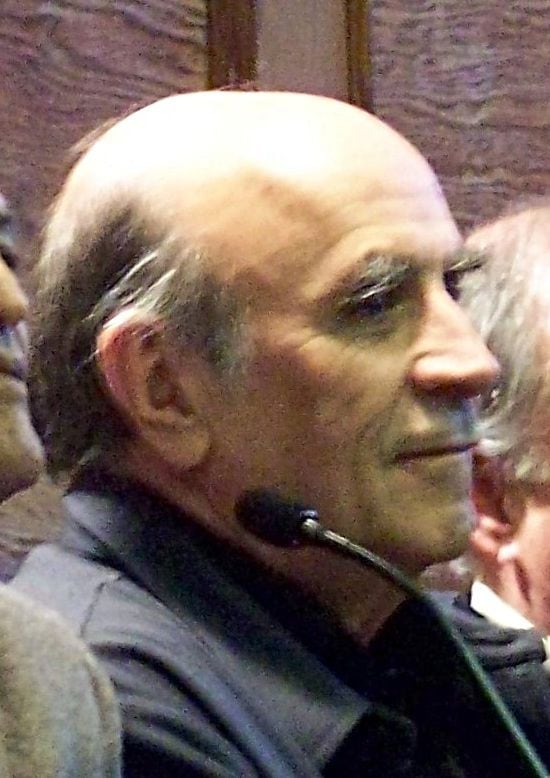
His last column, Gustavo Esteva titled “The End of Illusion”, and in it he denounced the eviction of Nahua communities, not only revealing the systematic attack on defenseless groups, with a background that has to do with the confrontation over water control, which is beginning to be a serious problem in those territories.
“Water control defines an increasingly intense global confrontation,” he wrote, and this is how Gustavo Esteva will be remembered, not only for being a writer, but also for his activism, with which he sought to denounce what he considered “atrocities” against vulnerable social groups, even as far as doing studies on the Zapatistas and indigenous peoples whom not many have turned to see.
These and other things told, in his texts and interviews, Esteva, who said that his life had too many breaks, such as the death of his father, which marked him, because, being the oldest in the house, he had to do work in a bank, later he was an executive at IBM.
“Despite the personal discomfort, caused by a growing awareness of the fraud of the original promise of my profession, I made rapid progress in my career,” she said in an interview by English Sophie Style for a media outlet called “Wayback machine”.

Although, the writing assured, this was not the strongest disappointment he had. The greatest disappointment, he noted, was when he worked as an official, between 1970 and 1976, in the term of former president of Mexico Luis Echeverria. He acknowledged that, without work, he had to agree to enter the government.
He also mentioned that “the best development programs, such as those I was conceiving and implementing, were totally counterproductive: they hurt their supposed beneficiaries.”
The study on the Zapatistas was part of his future research. He wrote about 40 books, more than 500 essays and thousands of articles in newspapers and magazines on different subjects.
Among the books he wrote were: “The Battle in Rural Mexico” (1982), “Economy and Alienation” (1980), “Inflation and Democracy: The Case of Mexico” (1979), “Chronicle of the End of an Era: The Secret of the EZLN” (1994), among others.
Likewise, he was an admirer and friend of the Austrian thinker Ivan Illich, who criticized modern culture and consumption. Esteva met him at a seminar on the social construction of energy where Wolfang Sachs participated.
After approaching rural communities, he decided to go to Oaxaca, to a Zapotec village, where he founded the University of the Earth and developed and defended his thinking. This week he passed away at the age of 86.
KEEP READING:
Últimas Noticias
Debanhi Escobar: they secured the motel where she was found lifeless in a cistern

The oldest person in the world died at the age of 119

Macabre find in CDMX: they left a body bagged and tied in a taxi
The eagles of America will face Manchester City in a duel of legends. Here are the details

Why is it good to bring dogs out to know the world when they are puppies




